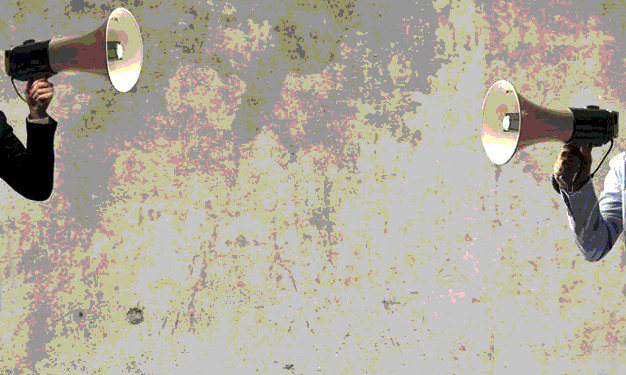$2 Million in Fellowships for Improving Public Discourse
Humility and Conviction in Public Life, an interdisciplinary endeavor at the University of Connecticut directed by philosopher Michael P. Lynch and funded by the John Templeton Foundation, has awarded a total of $2 million to ten scholars engaged in various projects to improve public discourse.
In a press release about the awards, Professor Lynch says, “Arrogance is easy in politics; humility is hard. These projects aim to rekindle the sense that we can learn from each other, and thus to help us restore a more meaningful public discourse.”
Here are descriptions of the winning projects:
| Defusing Extreme Views: What makes us argue so heatedly over things we know little about? Phillip Fernbach of the University of Colorado, Boulder, and his team will look at how we can improve public discourse not by turning laypeople into experts, but rather by making people aware of the causes of extremism and ignorance. Encouraging Democracy in Action: How can we make communication between elected officials and their constituents more constructive and meaningful? Tackling Caustic News Site Comments: Can online news comments sections be designed to promote intellectually humble discourse? Dismantling Echo Chambers: Which online platforms best foster public discourse, and how can we improve them? Leaving ‘Expert Opinion’ to the Experts: Can people become more receptive to expert opinion? How Faith and Humility Can Coexist: Are religious convictions incompatible with intellectual humility? Groupthink and Humility: How can groups and institutions become more humble and open to dialogue? Humility on Campus: Can we teach students to engage in more productive dialogue? A Healthier Q&A: Can asking the right questions make political discussion more productive? Eliminating the Shouting Match: How can we discourage arrogance in politics and public discourse? |
You can learn more about each of these projects here.



will examine whether people of strong religious faith can be intellectually humble, and if not…
is that a real question these days?